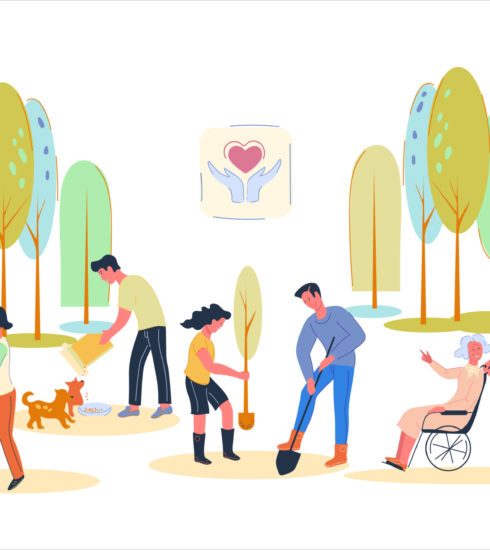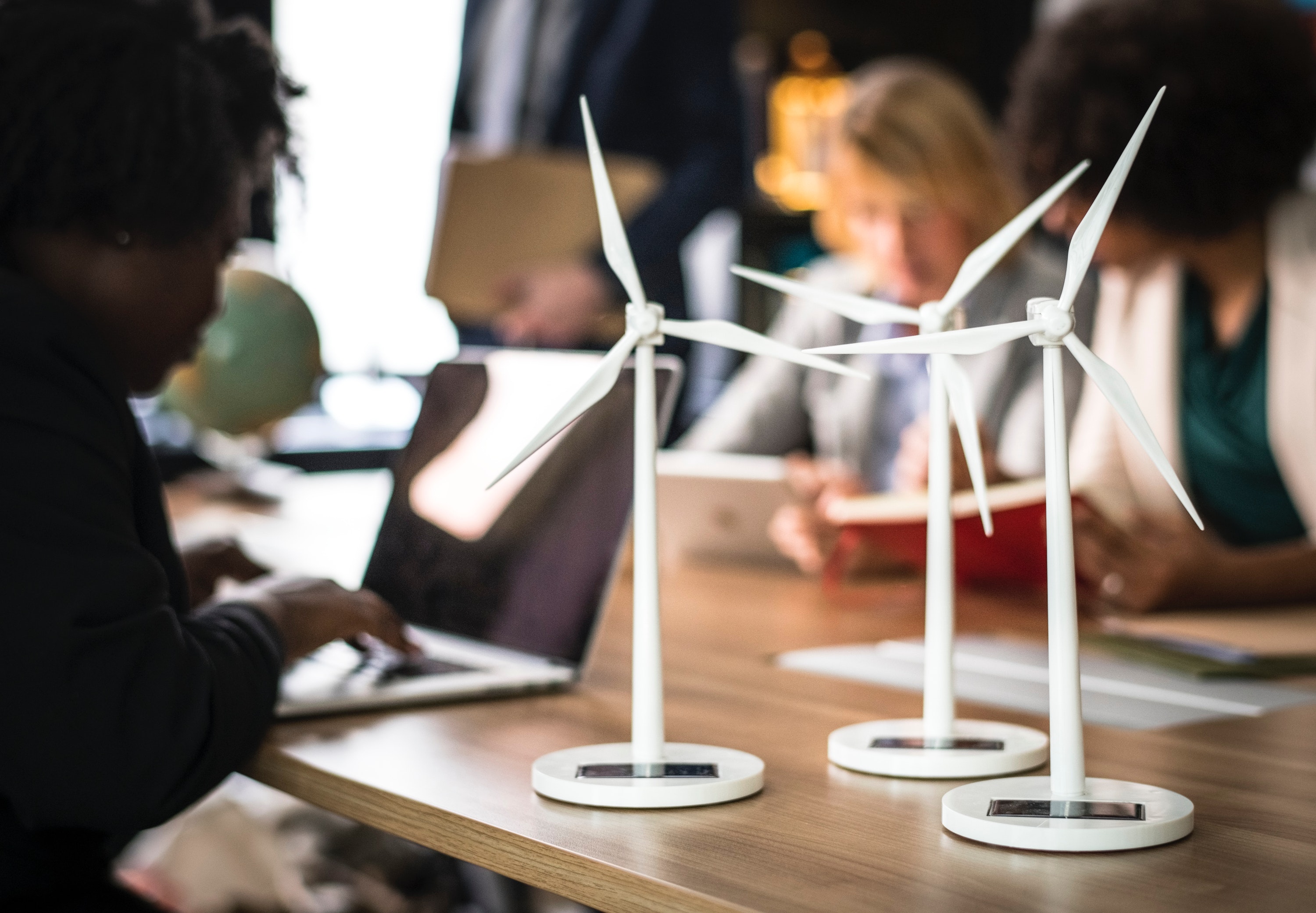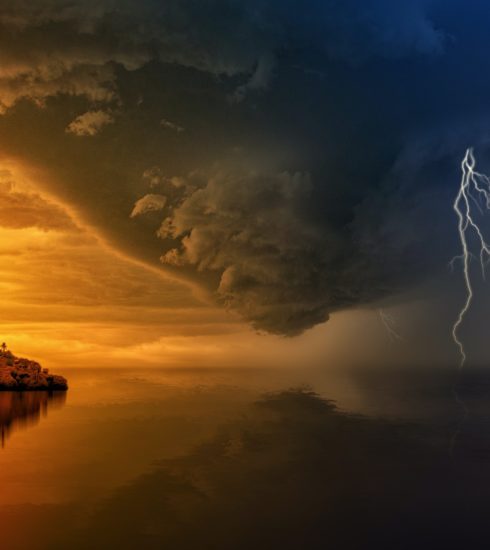Green HaaS provides new solution for businesses
Heat as a Service is helping businesses lower their energy bills and lower their emissions. But what is it and how does it work?
With COP26 coming to an end, the world is buzzing about making real changes, making a difference, stamping out the use of fossil fuels and making our businesses and our planet carbon neutral.
Is it a case of ‘heard it all before’ ‘Blah blah blah’ or are their actual changes taking place in our companies today?There was much talk over the 10 days about fossil fuels, emissions targets and carbon neutrality. This is a global challenge that cannot be solved overnight, it will take time and determination by all.
But the overriding sentiment from the event in Glasgow was that we need to act now. Individuals, small companies, large organisations must all make real efforts to make changes to how they do business today.
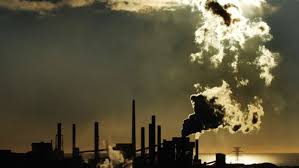
And so, exploring greener alternatives for our energy sources and production has never been more important. With some innovative companies hitting the market, solutions may be closer than we think.
Heat as a service (HaaS) seems like a new concept, but the model itself is not. Most of us are familiar with SaaS (Software as a Service), where companies provide a software application over the internet. Think Salesforce or Netflix. You pay a monthly fee to use the platform and you get a supported streamlined service without the hassle of installation, or hosting issues. You have an agreed subscription fee, so there are no surprises when your bill arrives.
The HaaS model works in a similar way to SaaS
Currently, all of our energy suppliers only sell to customers in strict units of fuel, called kilowatt-hours (kWh). The customer pays for fuel (electricity, oil or gas) to heat their home or business. With oil and gas very much in the news for all the wrong reasons, consumers and businesses are desperately looking for more carbon neutral and efficient alternatives.
Customers who sign up to a HaaS model will have the necessary equipment (usually heat pumps or solar panels) installed on site by the provider, who take full responsibility and ownership and then sell the energy (heat) provided back to the consumer at a monthly fee. The supplier audits the company or property up front, estimates their needs across the day and draws up a plan based on the expected heat drawdown accordingly.
The great news for the business is that they will see savings instantly and can manage that cost across the year, rather than dealing with fluctuations or inefficient use.
But the bigger picture shows the real win here. By installing greener, more efficient equipment at the outset, the reduction in carbon emissions by the company is enormous (up to 90%). Solar panels and heat pumps generate independent energy on site and harness it correctly and efficiently.

Green Haas is the first provider of the service in Ireland. We spoke to their Commercial Director Mark Keller to find out what the demand has been like for the service so far.
“When we entered the market about 2 years ago, demand was slow because people didn’t appreciate how simple the model is and that we could actually lower their carbon emissions, while giving them significant savings on their current energy costs at the same time, particularly in areas that are off-grid. People assumed that if they wanted to reduce their emissions, it would cost them money somehow.
But there has been a shift in the past 6 months. Businesses now realise that they must make changes to how they operate in terms of carbon emissions. It’s no longer a niceity, it’s no longer something that business can look at doing in the future.
There is so much talk about large scale retrofitting projects, but the reality is that these can take years. We need to make changes now. This model can be implemented quickly and there is no down time for the business. Cost savings are immediate and carbon emissions are pretty much wiped out.”
If COP26 has resonated with us on any level, we will appreciate the need for immediate action by all of us. Individuals, company owners, industry leaders all have a responsibility to do everything we can, as soon as we can. This seems like a pretty good place for companies to start.
So, is this the future of energy supply?
According to Mark, this is the way forward…
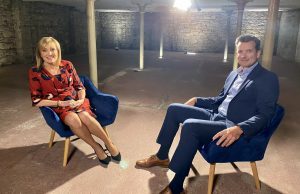
‘We believe that everyone will be moving to a model like this in the very near future. The cost savings are obvious, so companies know that they will save on their bottom line. Business owners also appreciate that they need to take the steer on this and work seriously to reduce their emissions targets.
We are now working with companies across every sector – food supply, breweries, agriculture, hotels, pharmaceutical and even nursing homes.
Anyone that has a demand for heat, steam or hot water as part of their business, we can help them reduce costs and their carbon emissions straight away.
But it’s not just about companies doing the right thing and playing their individual part. The reality is that customers will be putting demands on their suppliers, asking questions about their emissions and what their plans are for reducing these.
Tendering processes will require potential suppliers to outline their current carbon emissions. Tenders are being lost every day on this alone. It’s just another reason for companies to step up.”
The HaaS model seems to offer little downside. There is no CapEx from the customer, Green Haas (or another supplier) will supply and install all of the equipment and maintain it over it’s lifetime. The installation of the equipment itself is done quickly, with no down time for the organisation. The company starts making savings to the bottom line straight away and reduces their carbon emissions by up to 90%.

Green Haas starts the decarbonisation journey for SME’s with a simple energy and carbon footprint audit. They provide customers with a zero-capital model by installing the equipment without any disruption or downtime to their operations. In effect, customers only pay for the energy they consume.

Astatine is the sister company of Green Haas, who provide the same service, but they work with large energy users in industrial sized operations, who have a requirement for high temperature industrial grade heat, hot water and steam.
Both of these companies are working to achieve the same result. The decorbonisation of our businesses and industry models in the short to medium time frame, saving businesses money and creating a greener environment.
We hope that they will soon make the move to the residential market with this service.
Mark says – Watch this space!




